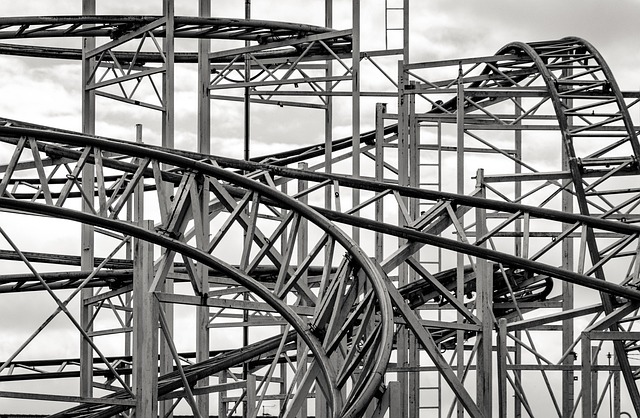Embracing the Void: The Pulse of Complexity
In the dimly lit corridors of our mind, a quiet tension arises. We feel the weight of complexity pressing in from every angle: the social media algorithms shaping our interactions, the quantum unpredictability underneath the material world, and the ever-expanding frontier of scientific discovery beckoning us with both promise and perplexity. Within this tension, existential unease emerges, demanding we confront life’s inherent ambiguities rather than seek comforting certainties.
Science as a Mirror to Existential Inquiry
Modern scientific strides often promise concrete answers: sequencing the human genome, mapping distant galaxies, or modeling climate change with unprecedented precision. Yet, each breakthrough also uncovers new layers of complexity, reminding us that certainty remains forever out of reach. In this interplay, science and existential philosophy converge:
- Quantum Indeterminacy: At the subatomic scale, causality gives way to probability. This scientific reality resonates with the existentialist idea that life lacks predetermined meaning, and it’s up to us to act and create purpose in a world governed by chance.
- Chaos Theory: Small perturbations in dynamic systems lead to vastly different outcomes—mirroring how a single decision or thought can radically alter our personal narrative.
- Neuroscience of Consciousness: As we explore the neural correlates of subjective experience, we are forced to ponder what it means to be “I.” Is the self a stable entity or a fleeting emergence of complex biochemical interactions?
Modern Philosophy: Forging Meaning Amidst Uncertainty
Contemporary thinkers draw inspiration from both the empirical rigor of science and the radical freedom espoused by existentialists. They encourage us to:
- Confront Ambiguity: Accept that not all questions have definitive answers, and that living authentically means navigating not-knowing with courage.
- Engage Deeply: Resist the lure of superficial solutions—whether in our personal relationships or in societal debates—and instead cultivate an attitude of sustained inquiry.
- Co-create Meaning: Recognize that knowledge is often co-constructed. Just as scientific paradigms evolve through dialogue and experimentation, we too shape our own values and narratives through communal exchange.
The Lived Reality of Complexity
Feel the tension in your chest as you scroll through the latest headlines about AI ethics, genetic editing, or climate tipping points. That sensation is the hallmark of a mind wrestling with infinitude. It’s a sign that you’re alive in an age where the frontiers of knowledge expand faster than our ability to digest them. Yet within this dynamic flux lies an invitation: to affirm that your subjective experience—your joys, anxieties, hopes, and doubts—matters against the backdrop of an ever-unfolding cosmos.
Charting Your Course
There’s no map to guide us perfectly through the labyrinth of modern existence. Instead, we piece together meaning from:
- Curiosity: Pursue questions that unsettle you, rather than those that merely reaffirm your comfort zone.
- Dialogue: Share your uncertainties with others. Collective reflection can illuminate new pathways where individual efforts falter.
- Creative Experimentation: Think of your life as a lab—test different narratives, beliefs, and actions. Observe what resonates, what falters, and iterate accordingly.
In embracing complexity rather than fleeing from it, we align ourselves with both the scientific spirit of discovery and the existential conviction that meaning emerges through conscious engagement. Our modern journey is not about escaping the void, but about lighting it from within—navigating each twist and turn with open eyes and a resolute heart.




